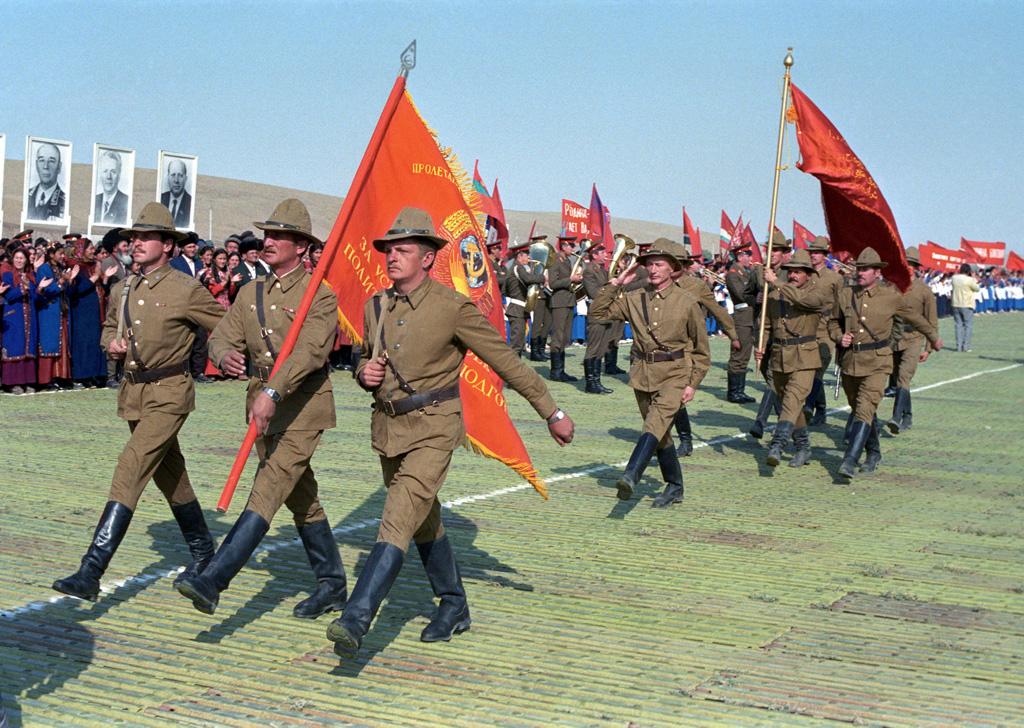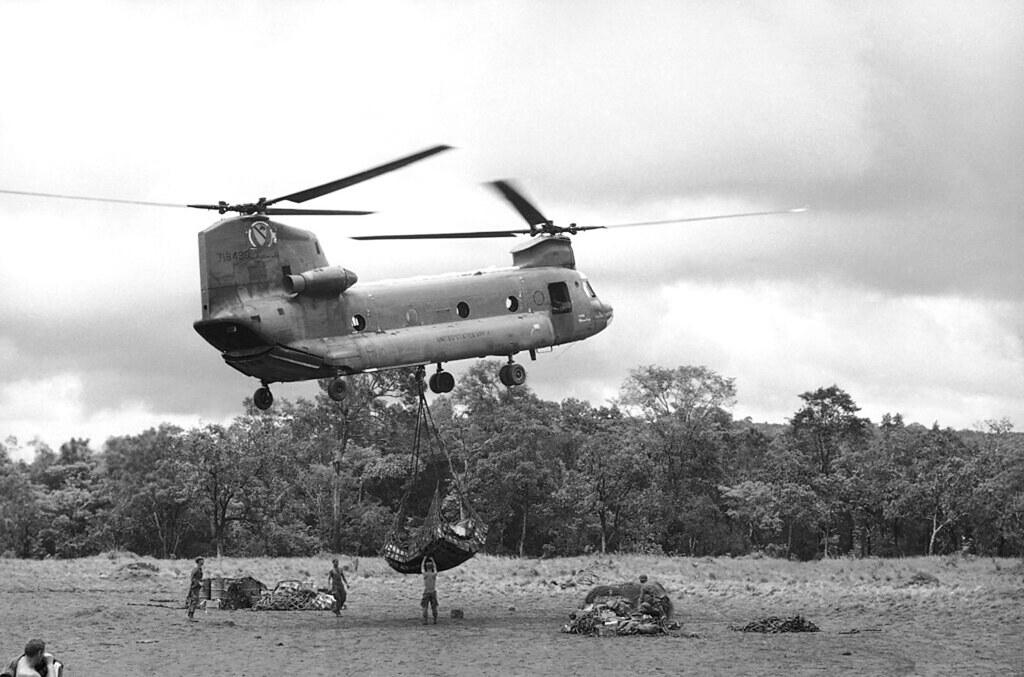Slider image from the Institute of Modern Russia.
America’s war in Afghanistan started 20 years ago. It has then since ended. The Taliban, a Sunni and Pashtun Islamist nationalist organization, has once again assumed control of Afghanistan. They had control prior to 2001, but the US invaded in response to the 9/11 terror attacks and pushed them out of control. At first, the Taliban seemed to put the intentions of the Afghan people first. The Soviet Union withdrew from Afghanistan in 1989 in response to the American-backed mujahideen fighters inflicting prolonged losses on Soviet forces. However, in the aftermath, a power vacuum was created, and Afghanistan entered a new period of civil war, with multiple warlords vying for power. In 1994, the Taliban, putting Islamic values and Afghani traditions first and dedicating themselves to fighting the corrupt warlords, quickly garnered a following. After months of intense fighting, they gained control of most of the country. The north of the country, respectively, remained an area of resistance where mujahideen forces remained after the Soviet pullout.
Once in power, the Taliban-controlled Afghan government declared themselves an Islamic Emirate, imposing harsh Sharia law on the people. Punishments were enforced harshly, including flogging, amputations, and public executions. However, Taliban rule was most detrimental for women. There were prohibitions from attending schools, holding job positions, and traveling outside their homes without their faces being covered created risks of punishment.
When the Taliban were toppled by American-led coalition forces in 2001, their numbers in the countryside only grew as attention shifted from Afghanistan to the US war in Iraq. Rural areas were quick to side with the Taliban; others were forced to join through compulsion. The Taliban found a rich recruiting ground in Pakistan, and by the time President Barack Obama took office in 2008, they had once again become a threat to US officials. Through over a decade of persistence, the Taliban steadily regained the ground they had lost in Afghanistan. By 2021, few districts were left, then few cities, until the capital of Kabul was just days away from falling.

US intelligence and the Biden administration mispredicted how quickly Afghanistan would fall into Taliban control, and the resolve for the Afghan army to fight which essentially laid down its weapons in each city perhaps, as the Taliban entered or reentered. In a transfer of power that was predicted to occur over several months. Afghanistan fell in just a matter of weeks.
The US evacuation was chaotic and disorganized. Though most American personnel were successfully evacuated through multiple days of flights from Kabul’s airport, numerous Afghan civilians that assisted US forces and diplomats as interpreters and in other technical capacities, along with their families, were left behind. They fear Taliban revenge killings now that the US is no longer in the country to protect them. These fears are unfortunately valid and are coming true.
The Taliban has not resumed the same intensity of brutality from their old regime. However, most likely in an effort to gain world recognition as a legitimate government, they have named a U.N. ambassador, but the U.N. General Assembly has yet to rule on the matter. Women have already begun to lose rights, and journalists have been forcibly taken into Taliban custody and beaten. Dissent has been suppressed at the few protests that have taken place; Taliban forces have beaten demonstrators and opened fire into unarmed crowds. Glimpses of the old regime are starting to reappear.
Afghanistan is now facing further problems as well. Without the US to prop up the Afghan economy, the country faces an economic crisis. Banks have been closed for weeks, the Taliban government is still in the process of assembling itself, and people have no food to eat and are being forced to sell their possessions. With the takeover, international aid has essentially ceased with the World Bank and the International Monetary Fund. This will likely affect the common Afghan civilian as opposed to the Taliban, who is more than accustomed to having little to no funding.
Overall, the fall of Afghanistan represents a larger failure in US foreign policy that took place over the course of two decades. Parallels have been drawn between the Afghanistan conflict and the Vietnam War. While the US entered Vietnam to fight a proxy war with the USSR and China, fighting al Qaeda in Afghanistan was used as justification to enter Iraq to locate Saddam Hussein’s “weapons of mass destruction.” There were no weapons to be found, and the late Secretary of State Colin Powell said one of his greatest regrets was entering Iraq under false pretenses. In this regard, with trillions of dollars spent and thousands of lives lost, this effort was a failure.

In late August, 2021, ISIS-K, the Afghan affiliated cell of the Islamic State, perpetrated a suicide attack outside the Kabul airport that killed 13 American troops and over a hundred Afghan civilians. Terrorist organizations and terror tactics continue to be employed in Afghanistan. ISIS-K remains a threat, and are mortal enemies with the Taliban, not to mention al Qaeda maintains a presence in Afghanistan.
This conflict should teach the US what the Vietnam War failed to do: If democracy intends to last, it cannot be forcibly installed in foreign countries without the power of self-determination. It was the case with South Vietnam, and now Afghanistan. Training an army that will not fight or pouring vast amounts of money into a never ending war is not beneficial to US foreign policy; US officials have had to learn this lesson the hard way.
There is little to show for time spent in Afghanistan. al Qaeda, the terrorist group that was a contributor to US involvement in the region in the first place, remains active. The Taliban are once again in control. It is not the US paying for its decisions, but the wider Afghan populace that will suffer in the days to come as the Taliban formalize their government.
*The views and opinions expressed in this article are those of the authors and do not necessarily reflect the position of HBHA’s student publication. The editorial student staff of the “RampageWired” places the highest value on student-run journalism and responsible, free expression.










































































